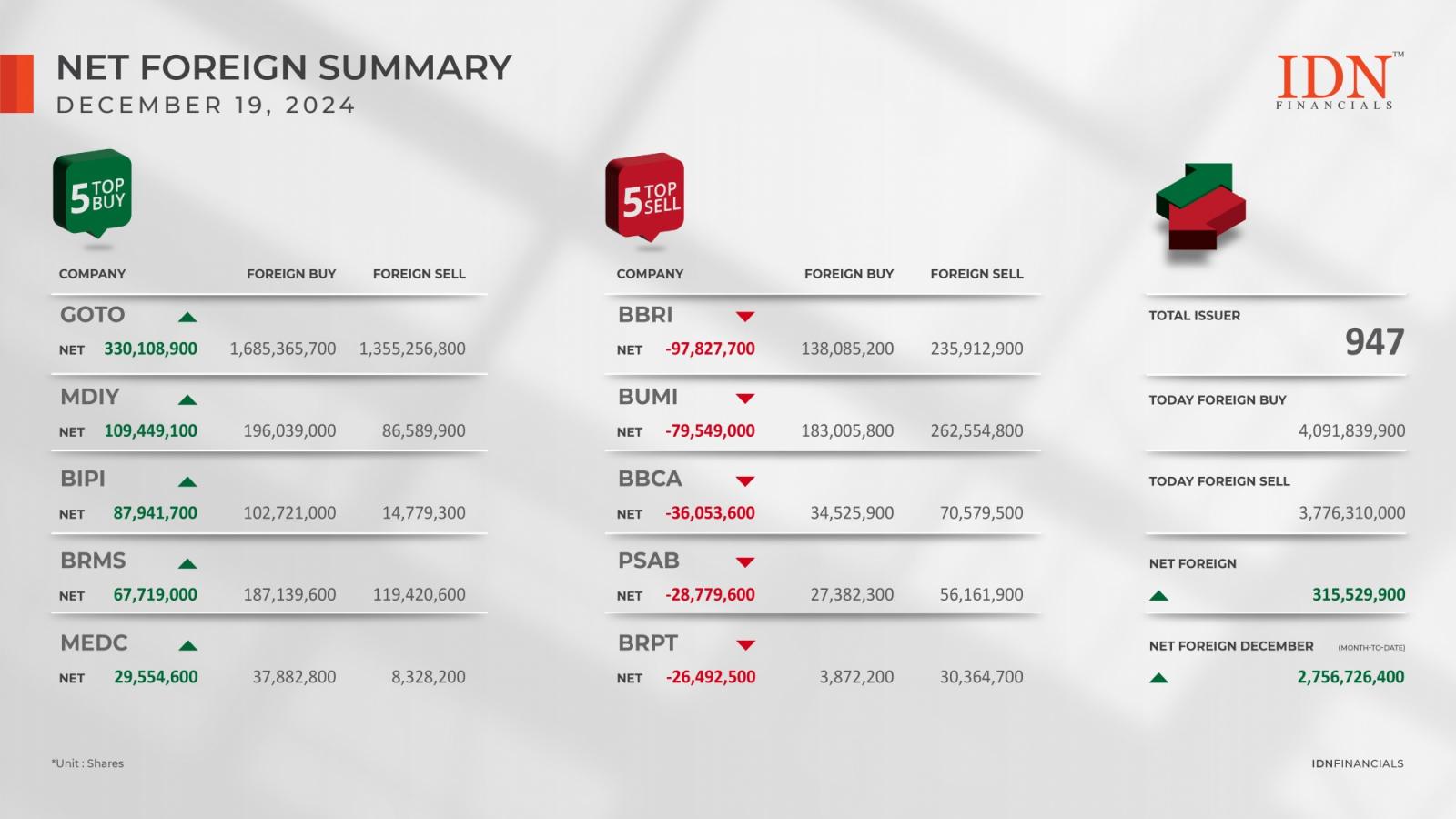
The European Central Bank can continue lowering interest rates if there is increased confidence among policymakers that inflation is slowing, ECB Governing Council member and Bank of Finland governor Olli Rehn said Wednesday.
More rate cuts cannot hurt the fragile economic growth and the subdued investment, especially in industry, Rehn said in a speech in the Finnish city Mikkeli.
However, the Governing Council of the ECB does not commit to any interest rate path, and decisions are always taken meeting by meeting, the next time in early September, Rehn said.
The ECB had reduced interest rates for the first time in five years in June, citing an improvement in the inflation outlook.
The central bank left rates unchanged in July with ECB President Christine Lagarde saying that the question of any move in September is wide open.
The ECB is widely expected to lower rates again in September though core inflation has proven to be sticky in the recent months.
Eurozone inflation will continue to slow down, but the road to the two percent target will still be bumpy this year, the policymaker said.
The euro area economy will grow at a rate of just under one per cent this year, but growth will be out of sync between member states, Rehn observed.
The German economy, the biggest in the euro area and crucial for Finland, is growing weakly, the Bank of Finland Governor said. The industrial sector in Germany and the euro area as a whole is characterized by prolonged underperformance and a seemingly chronic recession, he added.
Referring to the global market sell-off in recent days, which was triggered by fears of a U.S. recession and comments from the Bank of Japan that signaled more rate hikes, Rehn said, …this was an overreaction of market forces in a context of uncertainty and thin market liquidity during the holiday season, rather than economic fundamentals.
Central banks do not tend to react to individual market changes, Rehn said.
Nevertheless, we will remain vigilant in terms of developments in the overall economic picture, both in terms of price and financial stability and in terms of growth and employment.
Regarding the Finnish economy, Rehn said the bottom of the economic cycle - albeit a bumpy one - does seem to be at hand. He also said growth will probably have to wait until at least the end of the year to pick up.





